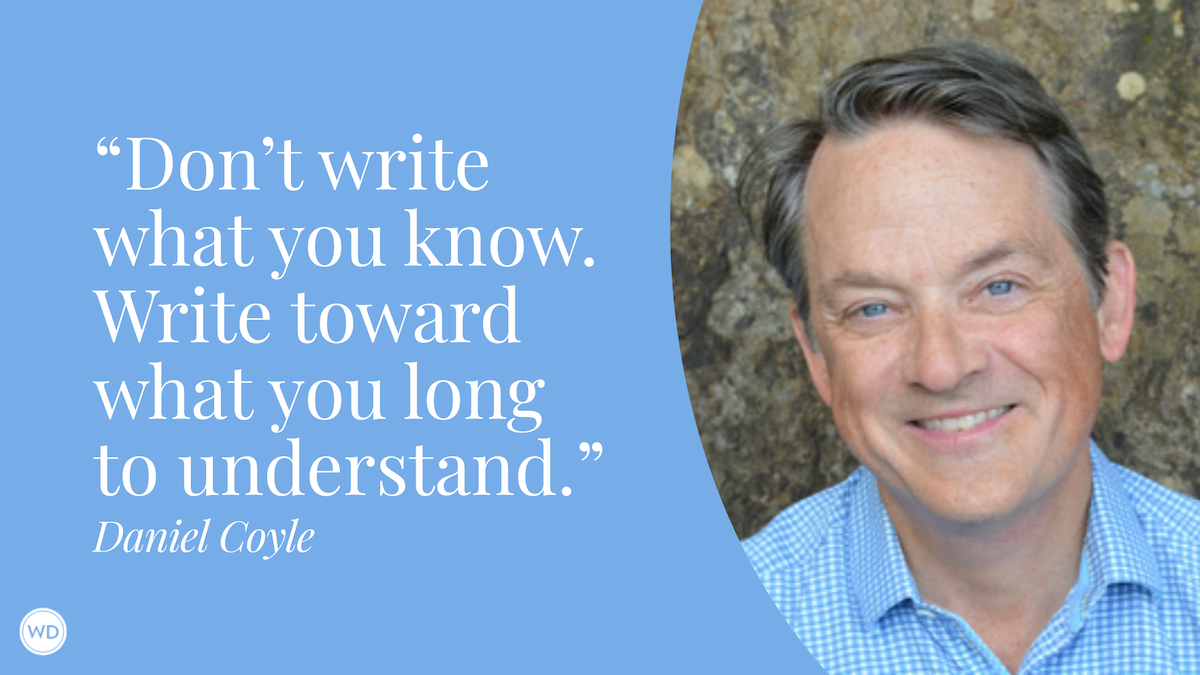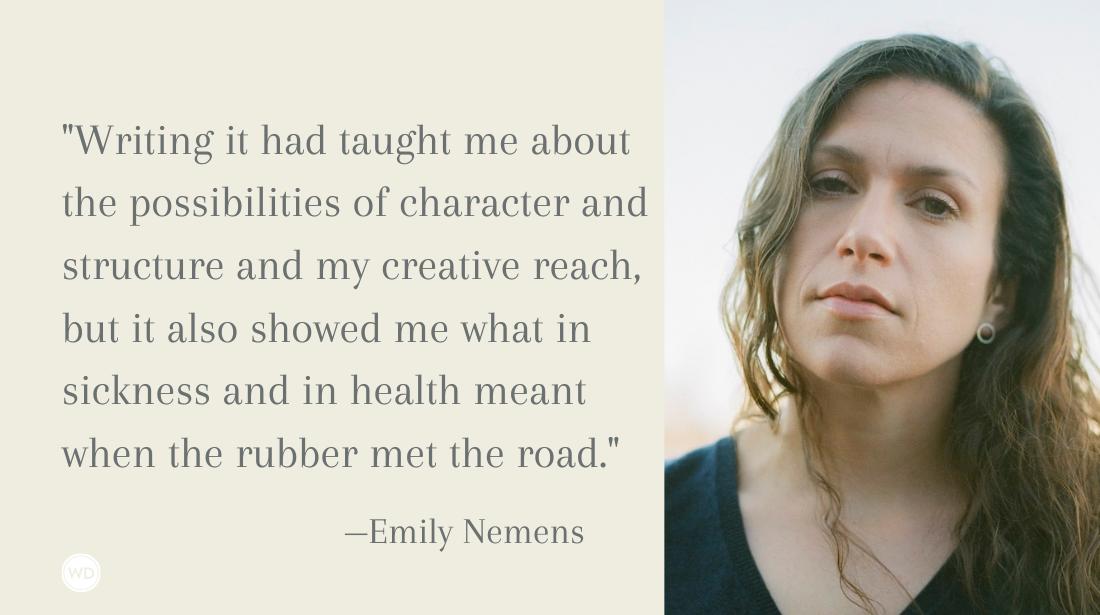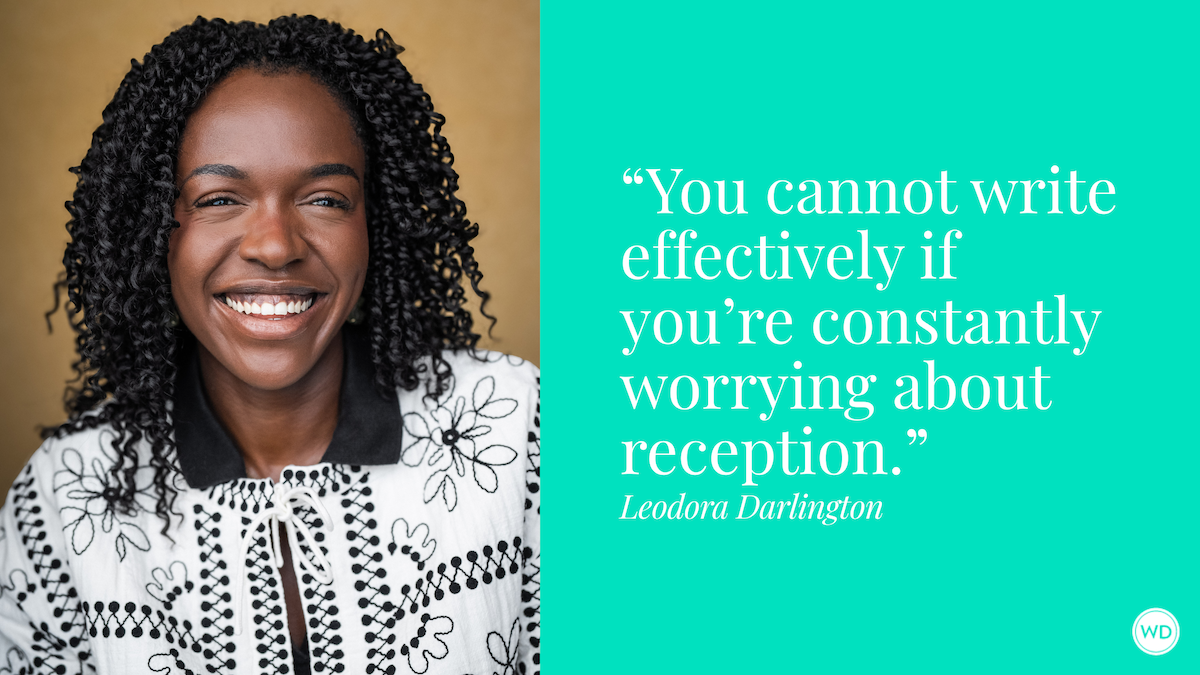Susan Barker: Few Writers Can Turn Out an Exceptional First Draft
In this interview, author Susan Barker discusses the movie that left her stunned and inspired to write her new literary horror novel, Old Soul.
Susan Barker is the author of four books. Her third novel, The Incarnations, was a New York Times Editors’ Choice and Notable Book, a Kirkus Reviews' Top Ten Book of the Year, and was shortlisted for the Kirkus Prize for Fiction. An excerpt from Old Soul won a Northern Writers’ Award for Fiction in 2020, as well as funding from Arts Council England and The Society of Authors. Susan currently lives in Manchester, where she is a Senior Lecturer in Creative Writing at Manchester Metropolitan University. Follow her on X (Twitter) and Instagram.
In this interview, Susan discusses the movie that left her stunned and inspired to write her new literary horror novel, Old Soul, the decade that went into the process, and more.
Name: Susan Barker
Literary agent: Aitken Alexander Associates
Book title: Old Soul
Publisher: G.P. Putnam and Sons.
Release date: January 28, 2025
Genre/category: Literary Horror
Previous: The Incarnations (published 2015, Simon & Schuster)
Elevator pitch: In Osaka, two strangers, Jake and Mariko, miss a flight, and over dinner, discover they've both brutally lost loved ones whose paths crossed with the same beguiling woman no one has seen since. Following traces this mysterious person left behind, Jake travels from country to country gathering chilling testimonies from others who encountered her across the decades, until he tracks this woman down…
What prompted you to write this book?
I’d recently returned to London in 2015 after living in China for several years. One evening, I went to see the horror film, It Follows, which is about a sexually transmitted curse passed amongst a group of teenagers—a curse that manifests itself as a shape-shifting demon that stalks the latest victim to death. It was incredible. Heart-thumpingly terrifying and visually stunning. I left the cinema buzzing at midnight and had a very fitful night’s sleep, but the idea of an inescapable curse, which moves from person to person, had seeded my imagination. The premise I eventually developed for Old Soul turned out to be very different. But It Follows was the first spark of inspiration of many to come.
I’ve always had elements of the supernatural and fantastical in my previous novels—and they were the parts that were the most exhilarating to write. So, deciding to make Old Soul explicitly horror was really fun. It gave me permission to send my readers into that terrifying, spine-chilling realm that, as a horror fan, I so adore.
How long did it take to go from idea to publication? And did the idea change during the process??
Old Soul took about eight years to write. Add on another two years between acquisition by my publisher and scheduled release date, and that makes it a decade from idea to publication.
Old Soul changed a lot during the eight years of writing. The antagonist is a mysterious woman-of-many-aliases who takes photographs of her victims (who span many decades and continents). But for the first several years of writing the antagonist was a man, who painted portraits of his victims—it was very Dorian Gray. I wrote a full draft of the book with this male antagonist (his name was Erskine), but something wasn’t working. I wasn’t getting the voice and tone right. When I decided to flip the gender from male to female, everything just flowed. I had a much stronger sense of who the woman was, and her gender made her predatory nature more unexpected, and the dynamic between her and her prey more interesting, as she herself was vulnerable in various ways.
Were there any surprises or learning moments in the publishing process for this title?
One thing I’m continually learning in the publishing process is that, as the author, I don’t always know what’s best for my book. I can be very protective and proprietorial over my novel, and that isn’t necessarily a good thing.
My agent gave me some excellent feedback when she first read the manuscript, but in the first instance it spun me out! The changes she suggested seemed so radical. Then my husband read through her notes and said, “She’s absolutely right about X, Y and Z,” and I began to consider how to re-draft to take the advice on board. And it’s a stronger novel because of it.
Ironically, I’m a creative writing lecturer. I give my students feedback on their fiction all the time.
Another thing I initially dug in my heels over was the title. This novel’s original title was, In Perpetuity (because my anti-hero must do the evil she does, in perpetuity). I loved this title. I thought it was perfect. But my editors explained why it wouldn’t work, so I (grudgingly) spent a month or so desperately trying to come up with another title, before deciding on Old Soul. I like the dark and twisted irony of it (as “old soul” usually means someone has a wisdom and depth of empathy beyond their years, which doesn’t exactly describe my central character…). And now Old Soul is the perfect title. In Perpetuity, in retrospect, seems completely wrong.
Were there any surprises in the writing process for this book?
After spending six years writing my third novel, The Incarnations, I decided my fourth would be a simple, straightforward, linear narrative, and I would spend two or three years on it, tops. The surprise (or maybe this isn’t too great a surprise, as I’ve always written multiple-narrative novels) was how the scope of Old Soul kept expanding to encompass more and more times and places: communist-era Leipzig and Budapest, rural Wales, Kyoto, London, NYC and the badlands of New Mexico. The narratives kept multiplying, and so did the years.
What do you hope readers will get out of your book?
My North Star while writing Old Soul was to make readers feel the way I did when first encountering books like Salem’s Lot or Mark Z. Danielewski’s House of Leaves; jittery, disturbed and utterly beguiled. My hope was to craft a novel of morally complex characters with emotional resonance and depth, but also for Old Soul to be an exhilarating ride. I would love for its readers to experience all the spine-chilling escapism of the horror genre as you move through time and place with our diabolical anti-hero, witnessing her deeds through her victims’ eyes. And if reading Old Soul leaves you feeling too nervous to turn out the lights, then my job as an author is done.
If you could share one piece of advice with other writers, what would it be?
Redraft, redraft, and redraft. Few writers can turn out an exceptional first draft. As Hemmingway said, “The first draft of anything is shit.” Most of us need to redraft bad writing until it’s mediocre writing. Then redraft the mediocre writing until it’s good. Then redraft what’s good until it’s exceptional. I read so much fiction that hovers somewhere between mediocre and good. Keep going! Don’t stop after the first couple of rewrites.








